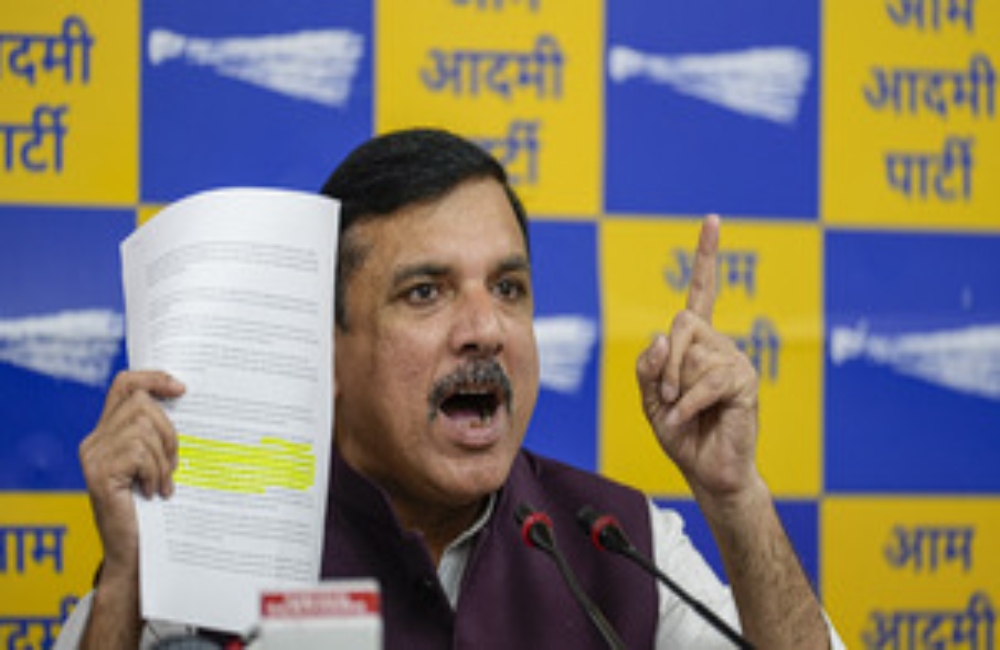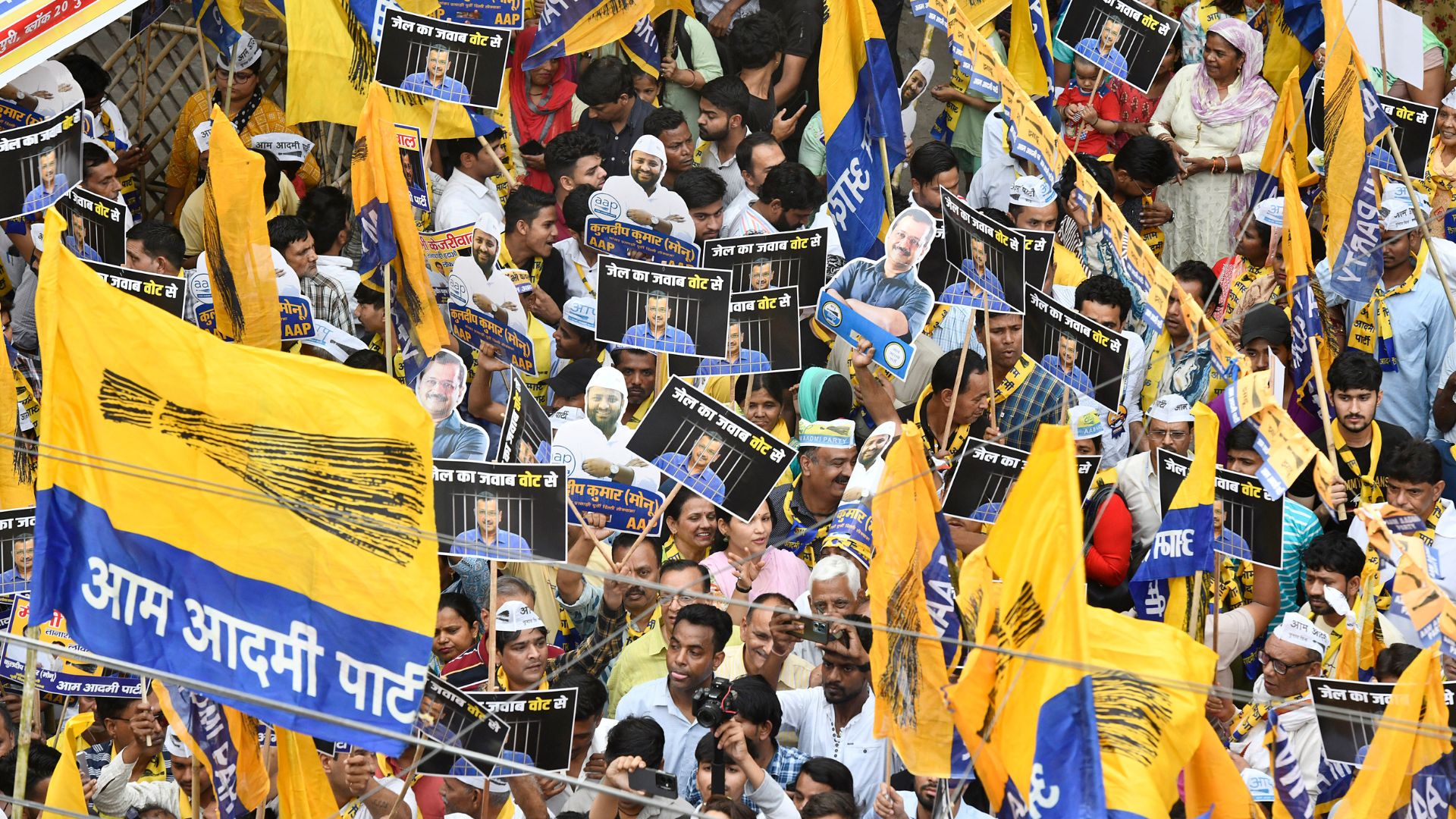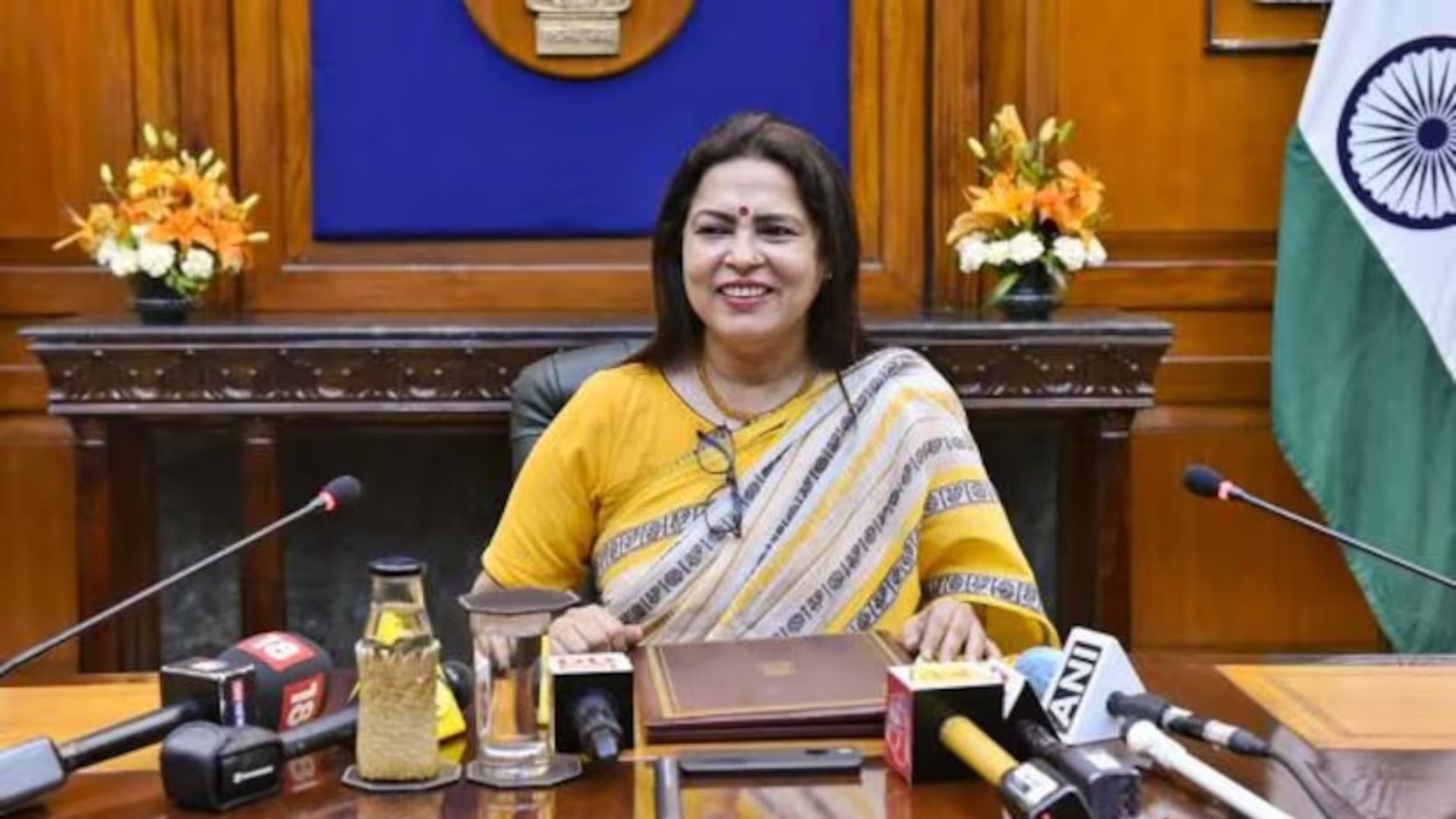The Government of India has officially enacted the Press & Registration of Periodicals Act (PRP Act), 2023, which came into effect on March 1, 2024, as announced in the Gazette. Henceforth, the registration of periodicals will be governed by the provisions outlined in the PRP Act, 2023, along with its corresponding rules.
Under this new legislation, the responsibilities of overseeing the Act will fall under the purview of the office of the Press Registrar General of India (PRGI), formerly known as the Registrar of Newspapers for India (RNI). In alignment with the Digital India initiative, the PRP Act introduces an online system to streamline the registration process for newspapers and other periodicals across the country.
This digital system replaces the previous manual procedures, which were cumbersome and involved multiple steps and approvals, often causing undue hardships for publishers. Earlier, Anurag Singh Thakur, Minister of Information and Broadcasting, inaugurated the Press Sewa Portal (presssewa.prgi.gov.in), the online platform of the Press Registrar General, to receive various applications mandated by the new Act.
All applications, including those for printer intimation of a periodical, registration of facsimile editions of foreign periodicals, obtaining a certificate of registration for a periodical, revision of registration certificates, ownership transfers of periodicals, submission of annual statements by publishers, and desk audit procedures for circulation verification, will now be processed online through the Press Sewa Portal.
The Press Sewa Portal facilitates paperless processing and provides services such as e-signature facilities, digital payment gateways, QR code-based digital certificates for instant download, online intimation systems for printing presses, title availability probability assessment, online access to registration data for all publishers, filing of annual statements, among others. Additionally, it aims to implement a chatbot-based interactive grievance resolution mechanism.
Accompanying the Press Sewa Portal is a new website (prgi.gov.in) that offers comprehensive information and a user-friendly interface. Notably, the PRP Act exempts books and journals from registration requirements, focusing solely on periodicals, which are defined as publications, including newspapers, published and printed at regular intervals containing public news or commentary, but excluding scientific, technical, and academic books or journals.
As per the new Act, all applications for periodical registration must be submitted exclusively through the Press Sewa Portal. Consequently, publishers planning to release periodicals must register their titles before publication. With the online registration process guided by software, the likelihood of application discrepancies is significantly reduced, leading to expedited application processing. Applicants will receive real-time updates on their application status via SMS and email, ensuring transparency and minimizing delays due to miscommunication.




















